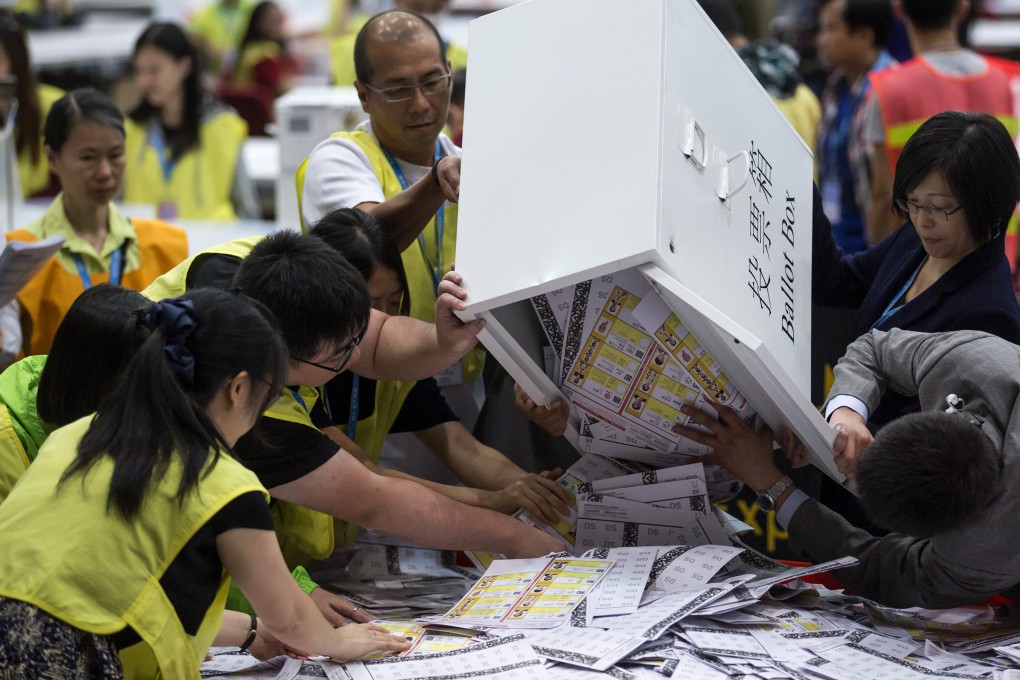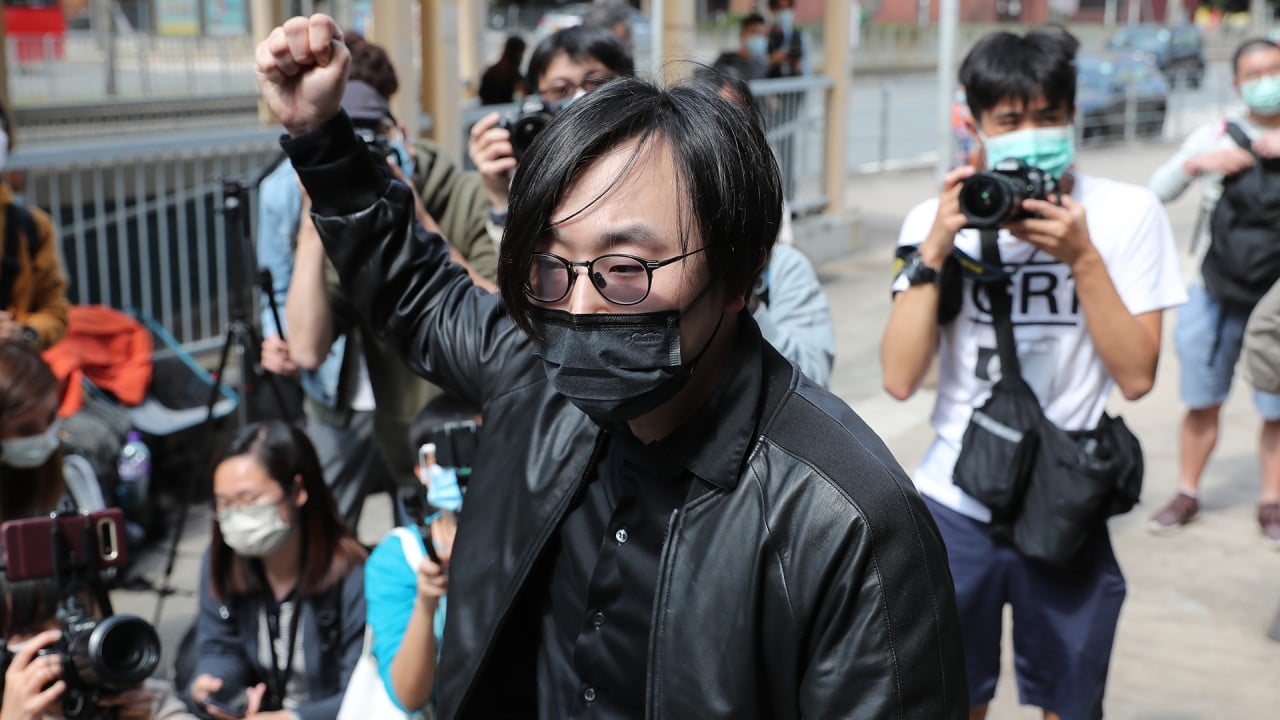Opinion | Hong Kong electoral reform is clearly set out in the Basic Law. Has the pro-establishment camp conveniently forgotten?
- The National People’s Congress Standing Committee 2004 interpretation set out a five-step process for amending the chief executive or Legco election process
- These rules should not be bypassed by a pro-establishment camp eager to please Beijing

His latest statements align with what he said earlier on the principle of “patriots governing Hong Kong”. Clearly, the central government is setting out new rules to gain full control of the Legislative Council and chief executive elections. Beijing is determined to eliminate the democrats and localists from the political landscape.
Since the enactment of the national security law last July, Legco elections have been put on hold. Fifty-five democrats and localists who participated in the democratic camp’s Legco primaries have been arrested and 47 charged under the national security law.
Not surprisingly, not only do pro-establishment figures back the proposal, to please Beijing, some seek to twist the Basic Law.
Such proposals violate Hong Kong’s high degree of autonomy and “one country, two systems” formula. The Basic Law will cease to function soon if the Hong Kong government hands over its statutory powers to the central government.
Some people seem to have forgotten that Hong Kong’s political reform process is laid out clearly in the Basic Law. Initially that entailed a three-step process, as set out in Annex One and Two.
It said that if there was a need to amend the method of electing the chief executive and Legco, such amendments must be endorsed by a two-thirds majority of Legco, followed by the consent of the chief executive. The decision shall then be reported to the National People’s Congress Standing Committee for approval.
Will the chief executive become no more than a mayor?
The amendment bills are to be drafted by the Hong Kong government and introduced to Legco for endorsement. Once they are passed, the chief executive will report the resolution to the NPC Standing Committee for approval.



